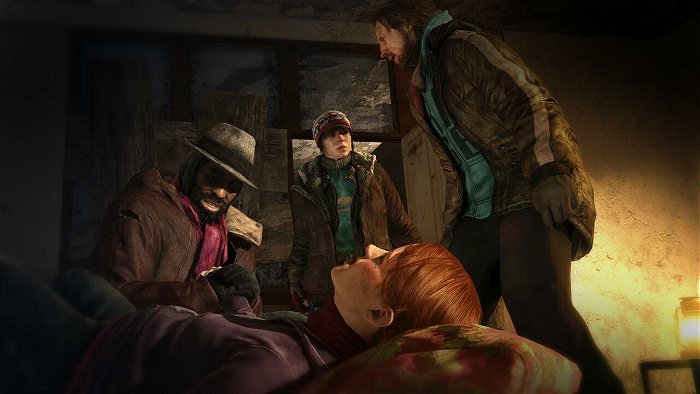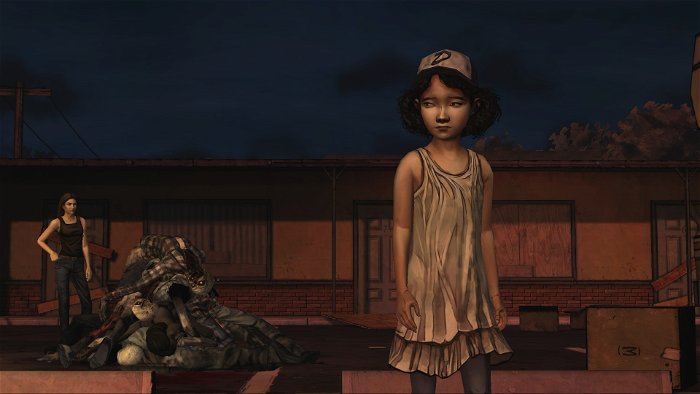I’m playing Beyond: Two Souls right now for my review and I can tell you right now that I’m enjoying the game. But I am noticing one thing that’s been more prominent in my head as games like The Walking Dead lumbered onto the scene and made everyone take more notice of adventure games. I’m getting more and more convinced that this kind of game, just like television, needs a separated, episodic structure.
The “problem,” if you can even call it that with games like Heavy Rain, Beyond: Two Souls and even older games like the older FMV adventure games such as Phantasmagoria and the Tex Murphy games all suffer from not quite being games and not quite being movies. David Cage is far from being a pioneer of trying to marry Hollywood and Silicon Valley together, he’s just the most vocal proponent we have right now. And yet, when you get games like Heavy Rain and Beyond: Two Souls, there’s a problem of pacing, especially when you’re playing for long stretches.

Admittedly, a lot of players won’t (I hope) try to crush a game as quickly as possible, since it’s really only reviewers that don’t have the luxury of taking their time with a game. But in the case of dramatic games, a marathon or power session can really hurt the dramatic momentum the game is trying to achieve. For example, not everyone is going to try and sit down and watch all three Lord of the Rings movies in one, or even two evenings. But Beyond: Two Souls is pretty much what players are doing; this is a very long “movie,” in one sense, one that’s well over eight hours in total running time, and that’s an exhausting amount of time to be invested in some heavy drama.
This is something that Telltale has managed to avoid by virtue of choosing the television episodic structure, rather than the cinematic. By releasing a game with clearly defined episodes, there’s a much clearer arc of events, and appropriate places for players to “close” the game and take a break, have a meal, or continue on the next day. With something like Beyond: Two Souls, the fact that it’s one, huge, non-stop game/movie has created a situation where the game jumps from one high tension, dramatic scene to the next, and there’s little “downtime.”
Dramatic climaxes are good, but a series of them in an unpredictable line can create a sense of fatigue. It’s similar to what happens in action movies overloaded with too much action; at some point, because of lack of contrast, all the action blends into each other and feels monotonous regardless of how many explosions are happening.

The Walking Dead and Telltale’s other games, avoid this by making eager fans wait. Like a monthly comic book, or a weekly television series, Telltale games build up anticipation in the audience by enforcing some downtime where fans are left to speculate among themselves and build up their own sense of anticipation. Going back to my earlier comparison of Lord of the Rings, the reception to Return of the King would be very different, if it were the last movie seen after six hours of previous film viewing.
I think that the need to have tension rise and fall is something that David Cage understands, but in some ways, he’s hamstrung by the expectations of a triple A game. People don’t want to pay $60 for three hour game, but at the same time, it’s hard to be unobtrusive about telling people “This concludes this episode of Beyond, you might want to take a break now.”
In the end, I think there’s a place in entertainment for these kinds of games, and I do enjoy the unique take on interactive entertainment that David Cage is trying to create. But I also think that when you place more emphasis on drama, then some of the dramatic rules of storytelling—namely pacing—need to be acknowledged as well.




